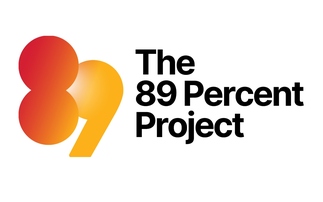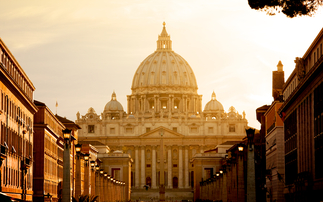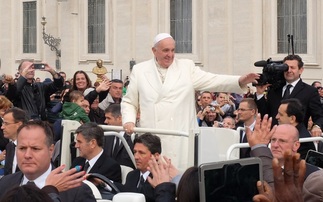Countries must agree to wean themselves off their fossil fuel addiction, Dickinson tells BusinessGreen
BusinessGreen is asking key green business leaders for their views on the importance of the climate change talks due to take place in the French capital at the end of this year.
This week we spoke to CDP founder Paul Dickinson.
What do you hope to see achieved in Paris?
There is a phrase used to describe a key step away from alcohol or drug dependency. As a first part of recovery the subject experiences a "moment of clarity". That is what I sincerely hope and believe will come out of Paris. Humans are addicted to the combustion of fossil fuels and letting the CO2 belch into the air. And just like an alcoholic or drug-addicted parent, this outrageous conduct is in serious danger of ruining the lives of our children. We must take action at scale, and we can take action at scale. Paris is all about putting in place a basis for nations to ensure that we will do just that.
What do you think will be agreed?
I believe there will be a broad international consensus to achieve large-scale reductions in greenhouse gas emissions. The Paris agreements will provide a formal benchmark to govern action. The United Nations process is the facilitator and I believe the UNFCCC is doing an excellent job. Paris will help define the rules but it will be enlightened self-interest and the power of nations to police each other that will deliver the cuts in emission we need. All nations realise that the behaviour of one threatens the children of another. That force will achieve compliance, by one means or another. The alternative - a failure - is unthinkable.
How would a Paris deal affect your organisation?
CDP is an NGO established to help organisations acquire information about themselves, and to publish it, thereby achieving two connected goals: firstly, companies and cities learn how to save money by using energy more efficiently, and secondly, investors and multinational purchasers come to understand who will be the winners and losers from a carbon-constrained world. The Paris deal will add massive weight and influence to the work CDP facilitates, that is already understood to be vital.
Do you think green businesses are making themselves heard?
Some are, but we are soon due to experience a huge explosion in green commerce, both through innovative new financial as well as new consumer products. The world is about to change, a lot, whether you are a green business or not, or one that is making the transition. Green businesses are still too shy. Climate change is like the internet; it gets bigger every year, it never goes away, and you have to learn to make money from it. There is an open goal that marketing and financial managers today are too conservative to strike at. But if you don't, your competitors will and then you may find yourself out of business.
In 240 characters, what would your message be to the lead negotiators?
Please recognise that you are not negotiating anything. You don't negotiate with your doctor. Today we are doctors for each other and ignore one another at our peril. Throw away your negotiating mind at Paris and, I beg you, build consensus.
Are you going to the Paris summit and how are you getting there?
Yes, unusually I am going to this particular summit - because it is two hours away from my home - on a carbon-free, atomic-powered train.
This article was published as part of BusinessGreen's Road to Paris Hub, hosted in association with PwC.










